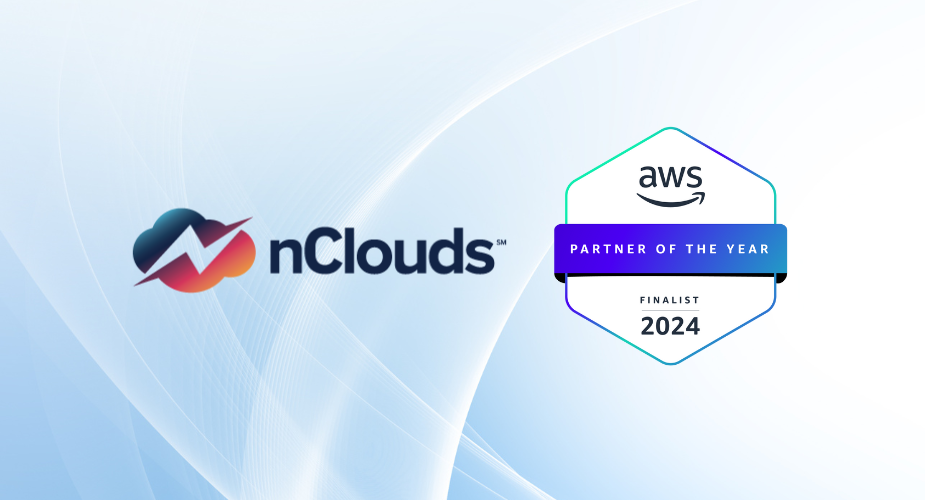AWS has long been well known among developers and IT professionals, but as its popularity spreads, more professionals are coming into contact with AWS and discovering that AWS might be a fit for their business or organization.
AWS works hard to make sure its services are easy to use for technical and nontechnical professionals alike; otherwise, its services wouldn’t be as widely adopted as they are. That being said, using AWS services isn’t without its challenges. If you don’t have a background in IT, you’ll have to do some extra studying to understand terms and jargon as well as cloud computing basics. In this article, we’ll explain the challenges nontechnical AWS users will face as well as the corresponding solutions.
Understanding the Basics of IT Infrastructure and Cloud Computing
The first problem someone with a nontechnical background will face is understanding the basics. Before you can understand the solutions provided by AWS, you have to understand the problems companies face when they decide to migrate to the cloud.
Understanding the fundamentals can be the most difficult part of using AWS, as AWS explanations often use specific terminology related to IT infrastructure and cloud computing that most individuals without a technical background won’t be familiar with. Taking some time to familiarize yourself with basic (or, in some cases, advanced) terminology will go a long way in helping you understand how AWS works and how to use it.
AWS Learning Resources
AWS provides a wealth of learning resources to help both technical and nontechnical individuals navigate its services.
AWS Starter Guide: This guide is a helpful first step for those new to AWS and cloud computing in general. It explains the principles of cloud computing as well as infrastructure as a service (IaaS), platform as a service (PaaS), and Software as a service (SaaS), common applications of AWS services.
AWS Skill Builder: This comprehensive collection of courses provides structured information for those interested in learning more about AWS and developing their skills. The collection includes beginner courses such as cloud essentials as well as more advanced courses for solutions architects, developers, DevOps engineers, and cloud operators. These courses are great resources for professionals looking to study for their cloud practitioner certification and a number of other certifications.
AWS Skill Builder also has an AWS management sandbox and plenty of other tools to practice and experiment with different AWS services. Some of these features may require a subscription to Skill Builder, but the cost is easily worth it.
An AWS Partner You Can Trust
If you find yourself in need of AWS expertise but don’t have the bandwidth or desire to study and become certified, consider partnering with an AWS premier partner such as nClouds. nClouds provides expert AWS consultation, cloud migration services, devops consulting, and more.


